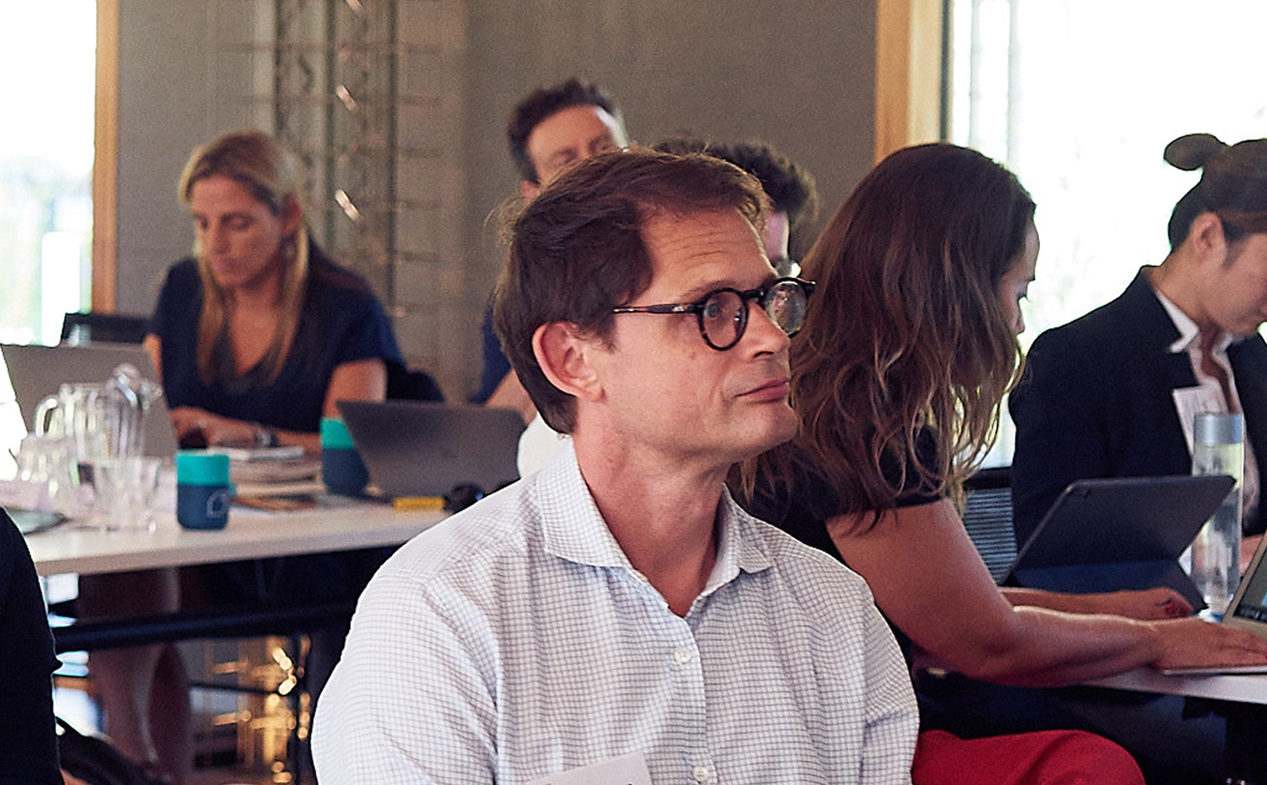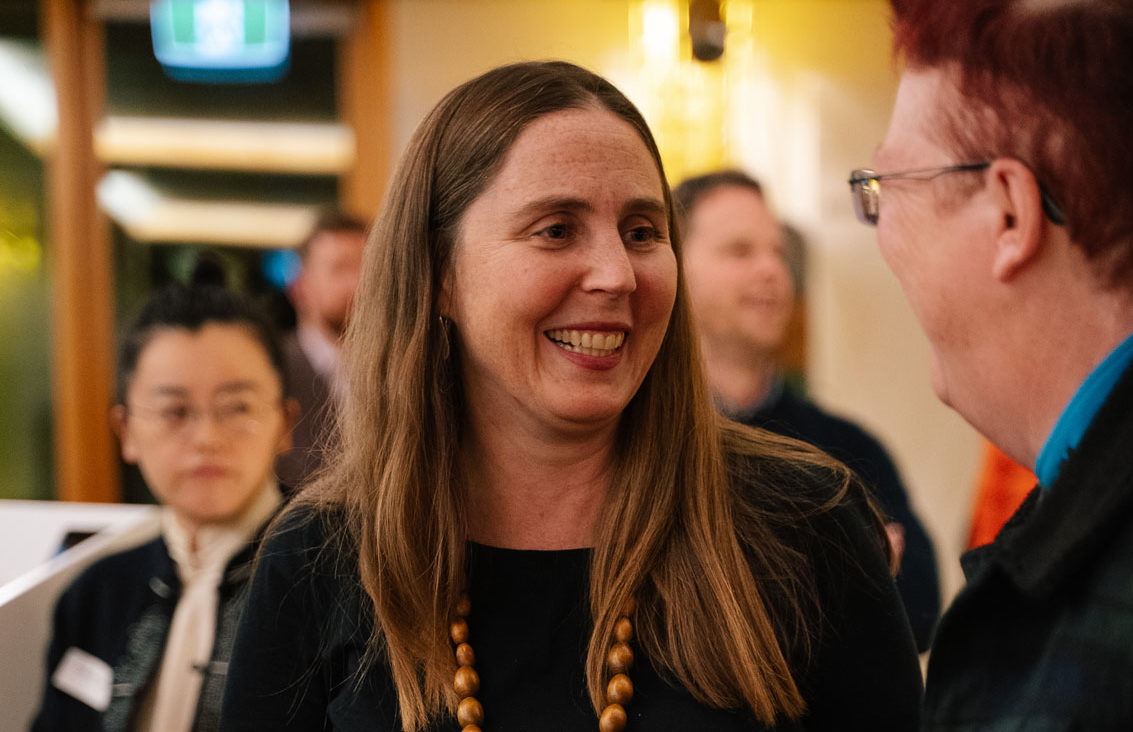Investing with other people can lead to better outcomes – and a more enjoyable experience along the way. Group decision-making has a bad name in certain corners of the venture-capital world. Some investors see it as the enemy of disruptive thinking, and it’s true that, at its worst, ‘groupthink’ tends to trample all over dissenting views. But if you find the right group, working with others can actually lead to better decisions than you could make on your own.
Former financial advisor-turned-angel-investor, Catherine Robson, has seen the benefits of investing as a group. After selling her business in 2017, Robson joined Melbourne-based Scale Investors, an angel investor network which invests in exceptional female founders. The group was awarded ‘Best Successful Exit’ at the 2019 Australian Angel Investment Awards.
She is now around seven deals into her early stage investing journey, all of which have been made as part of a group of around 10 to 20 investors.
“What always amazes me is how a group of investors can listen to a pitch and interpret the same information in different ways,” she says.
“Other investors will ask questions I would never think of, because we have different areas of expertise, different life experiences and different decision-making styles. It flushes out so much understanding for me and I’ll reach a decision much more quickly and with more confidence thanks to their perspectives.”
She says their successful dynamic relies on having a diverse group, and comes with a caveat: no one individual can dominate discussions.
“Humility is really important,” she says.
“It’s about being able to hold your opinions loosely. You have to be open to accepting someone else’s opinion and to changing your mind without it threatening your ego.”
A curious mind as well, is another important quality to look for in team members.
“If you’re genuinely curious and interested in finding out more about how things work then you will ask better questions, listen more deeply and you’ll still see the benefits in what you’ve learned even if you don’t reach a deal.”
While maintaining a successful team culture can be challenging, Robson says the dynamism of angel groups tends to keep them fresh.
“Given the level of risk involved in early stage investing, people tend to cap out quite quickly and move on,” she says.
“There’s a natural life cycle. Investors will be intensively engaged and then go into hiatus for a while, waiting for companies to progress to exit.
“That ebbing and flowing of members is great because the energy levels from newcomers keeps more experienced people alive to new perspectives.”
With a background in public market investing, Robson says entering the early stage space reminded her of Alice in Wonderland “going through the looking glass”. Having more experienced investors in her team helped her adjust to this new world.
“It felt like all the investing concepts I took for granted, like the primacy of profit and not growing too fast, were turned on their head,” she says.
“It took a while to understand the early stage ecosystem, and having experienced investors as part of our team really helped me learn.”
And when it comes to reaching a successful exit, Robson says investing as a group works well for founders, too.
“The more supporters available to founders the better,” she says. “Running a start-up is challenging and having access to people who are empathetic can be enormously helpful.”
For Robson, the opportunity to meet other investors and founders has been “life-affirming”.
“Working with motivated, smart, talented people solving complex problems is so uplifting,” she says.
“Sometimes I think the mainstream news can get us all down, but you can’t feel like that for long when you’re around some of the entrepreneurs we get to meet.”





